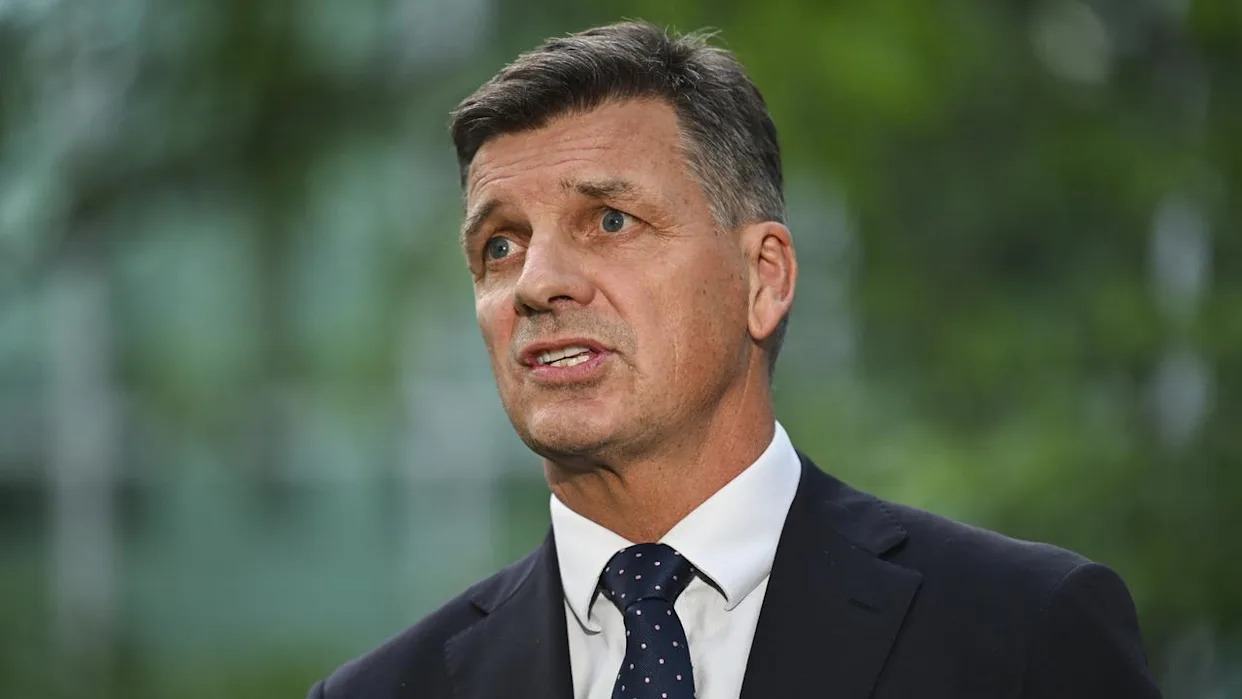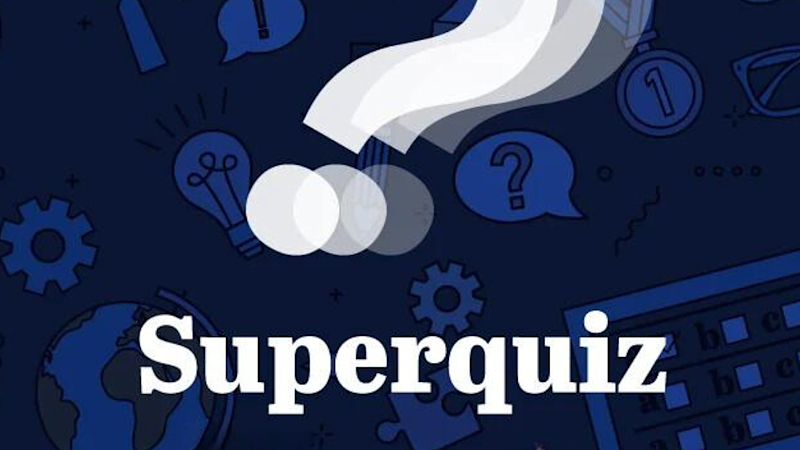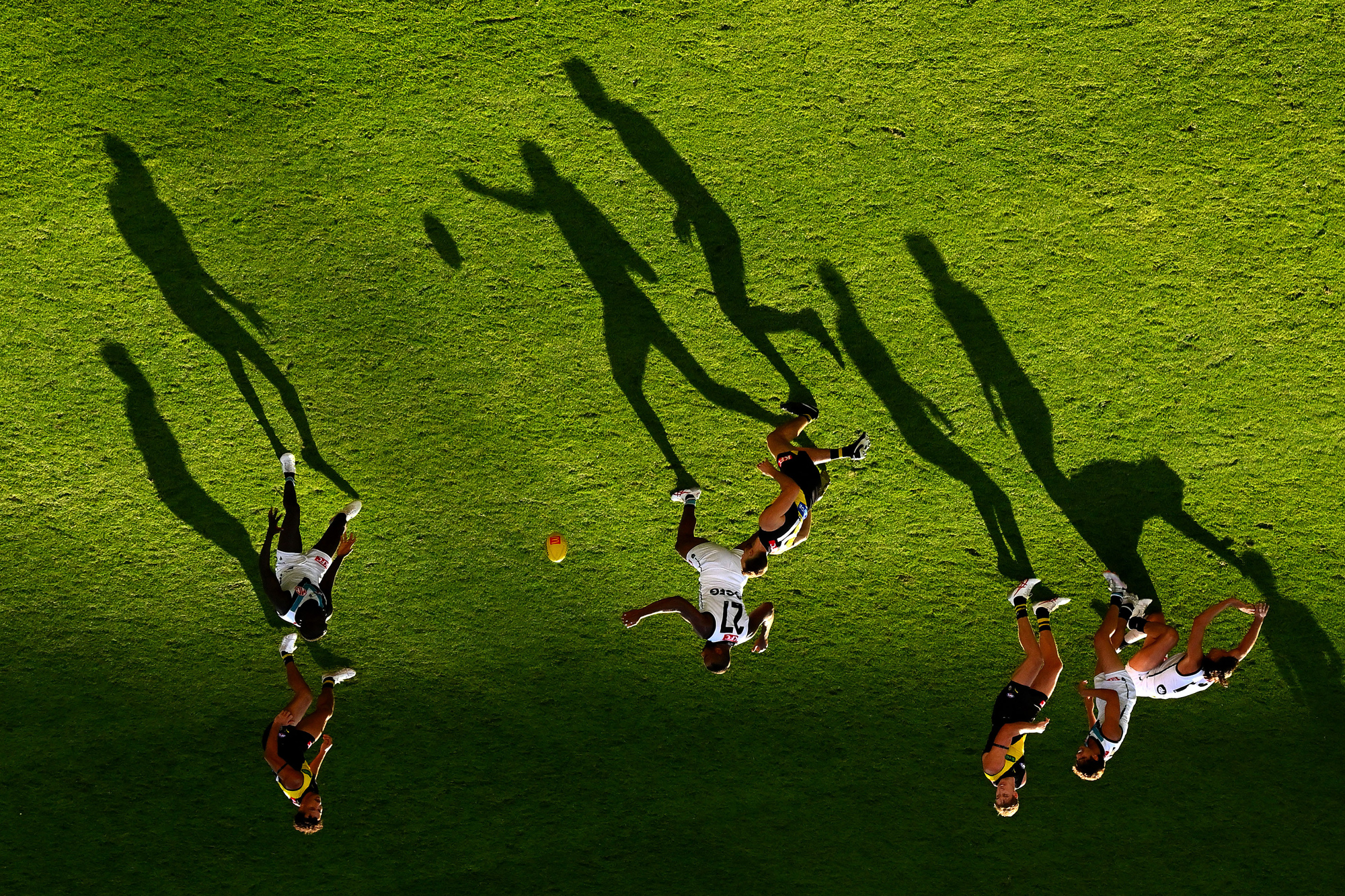
Donald Trump has initiated a legal challenge against the BBC, threatening a lawsuit valued at $1 billion. This comes in the wake of significant leadership changes within the British broadcaster, including the resignation of both Tim Davie, the Director-General, and Deborah Turness, the Head of News. The controversy stems from the editing of a documentary aired last year that covered Trump’s speech during the January 6, 2021, Capitol riots.
The documentary, titled “Trump: A Second Chance,” faced backlash for allegedly misleading viewers by splicing two segments of Trump’s speech delivered that day. Critics argue that this editing distorts the context, suggesting that Trump incited the violent events at the Capitol. The two soundbites used—”We’re going to walk to the Capitol” and “we fight like hell”—were delivered approximately 50 minutes apart in a speech that lasted over 70 minutes.
Monica Attard, a professor of journalism at the University of Technology Sydney and a former ABC journalist, commented on the situation, stating that the omission of a crucial phrase from Trump’s speech—where he urged supporters to “peacefully and patriotically make your voices heard”—was a significant editorial error. She emphasized that while mistakes are common in journalism, the key issue lies in how promptly and transparently they are addressed.
The fallout intensified following the leak of a memo by former BBC editorial advisor Michael Prescott. In this document, Prescott accused the BBC of various biases, including anti-Israel sentiments in its coverage of the Gaza-Israel conflict. This memo not only reignited scrutiny of the BBC’s editorial standards but also suggested that it failed to provide balanced coverage of political figures, like Kamala Harris.
Despite the growing criticism, senior BBC executives initially defended the editing choices, asserting there was no intention to mislead their audience. However, as the pressure mounted, including calls for accountability from various quarters, both Davie and Turness chose to resign from their positions. Turness specifically stated, “The buck stops with me,” indicating her acceptance of responsibility for the situation.
The controversy surrounding the BBC is particularly significant given its role as a publicly funded media organization. The integrity of public broadcasters is paramount, and any perceived bias can severely undermine public trust. Attard highlighted that the cumulative effect of Trump’s accusations against the media and the internal pressures faced by organizations like the BBC can lead to a damaging erosion of credibility.
The implications of this situation extend beyond the immediate controversy. As public trust in media institutions wanes, the landscape of journalism faces critical challenges. Attard noted that public broadcasters must navigate increasing scrutiny and external pressures while maintaining their commitment to impartiality and fairness.
The BBC’s handling of this incident serves as a reminder of the vital role that accountability plays in journalism. Attard argued that while errors are inevitable, the manner in which organizations respond can significantly impact their reputation. She suggested that timely acknowledgments of mistakes are essential for restoring public trust.
As this story unfolds, the potential implications for media organizations around the world are profound. Trump’s lawsuits against various news outlets underscore a broader concern regarding the relationship between political figures and the press, particularly in an era marked by heightened tensions and distrust.
In summary, the controversy surrounding the BBC and Trump’s lawsuit highlights significant issues within public broadcasting and the media landscape at large. As the BBC confronts this challenge, it will need to work diligently to rebuild trust and reaffirm its commitment to responsible journalism.






